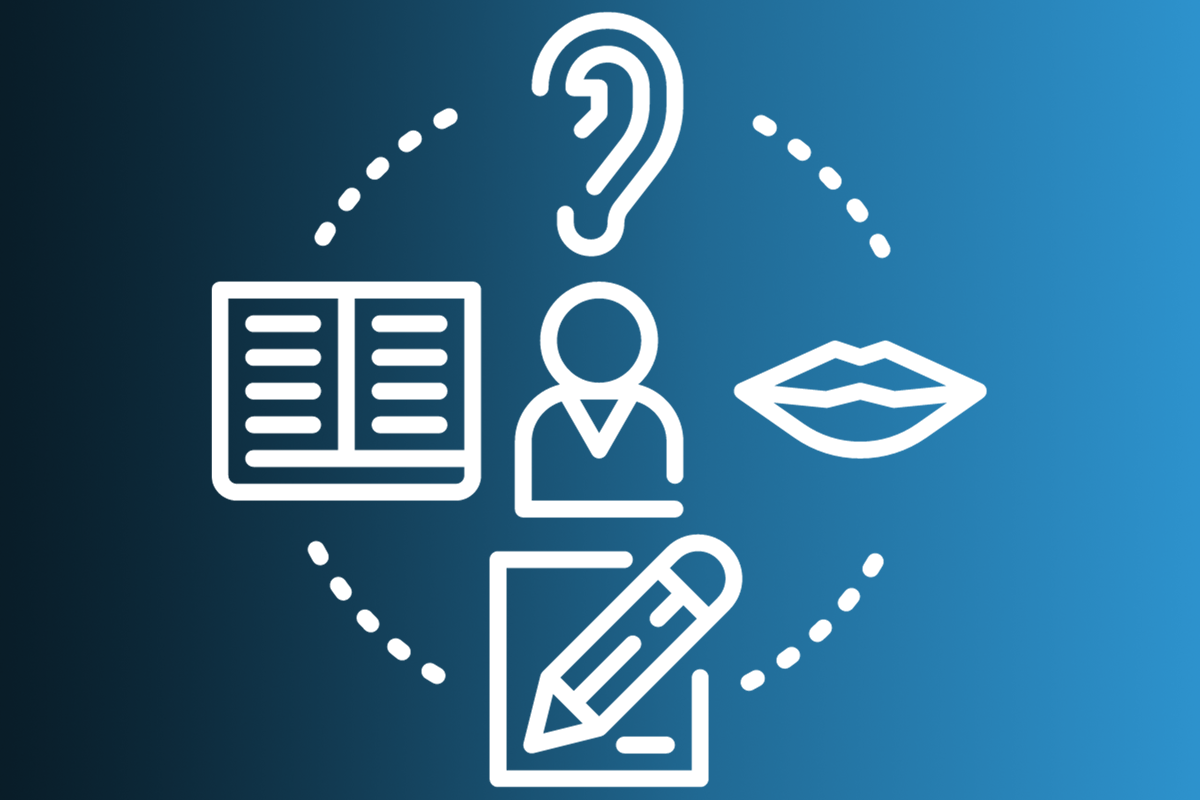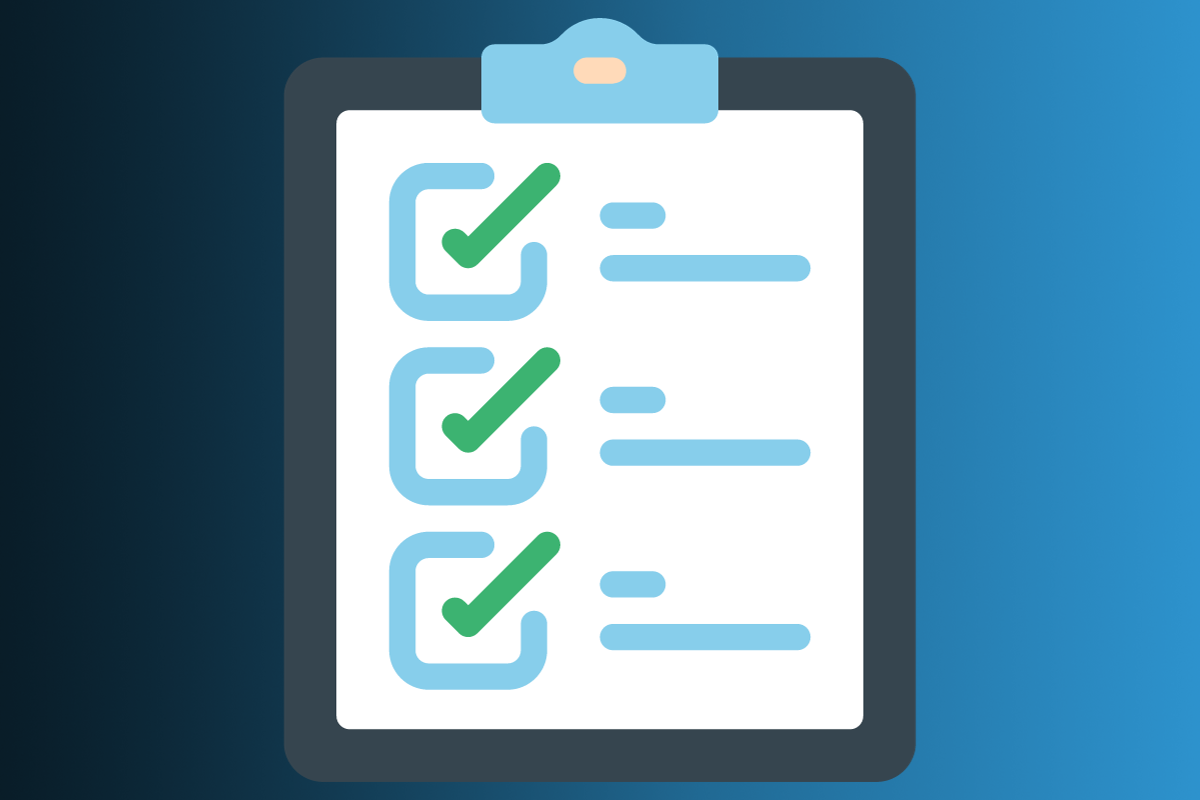This post is also available in:
Español
Dear Students,
Preparing for the IELTS exam can seem like an unachievable task. However, with the right strategies and resources, you can study efficiently and excel on the IELTS test, all from the comfort of your home.
In this guide, we will focus on practical and specific tips on how to prepare for IELTS at home. We will explore various strategies that will help you make the most out of your study hours, answering essential questions like “how many hours should I study for IELTS per day?”
By following these tips, you will be well-prepared to tackle each section of the IELTS exam, ensuring that you are on the right track to achieving your desired band score. Additionally, you might find it helpful to read about the differences between IELTS on paper vs computer, specifically focusing on the listening section.
And, before we go on we must mention, that the IELTS academic is our main focus because we cater to students who want to study abroad. However, it is likely you can apply many of the skills we will talk about for the IELETS general exam. You can do so because the test format is similar for both IELTS general and academic.
Likewise, an examiner will look for the same qualities in your English language skills.
How to prepare for IELTS at home?
We will divide this article into multiple parts, which are the following.
-
-
-
-
- IELTS exam structure
- Creating a schedule
- How to study IELTS at home in the right environment
- How to study IELTS at home using books and online resources
- How to practice for IELTS at home effectively for all test sections
- Why and how to prepare for IELTS at home with practice tests
- Frequently asked questions
-
-
-
At any time, you can click one of the above links to move to the section of this post that most interests you.
Understanding the IELTS Exam Structure
To effectively prepare for the IELTS, you need to understand the exam’s structure. The IELTS exam consists of four sections:
- Reading
- Writing
- Listening
- Speaking

Each section assesses different aspects of your English proficiency.
Here are some practical IELTS tips to familiarize yourself with the IELTS test format:
- Research Online: Visit the official IELTS website to get accurate and detailed information about the format of each section.
- Refer to IELTS Books: Consider using IELTS preparation books. These share information about the format and strategies for good scores.
- Use Free Online Resources: Websites like the British Council IELTS website offer free resources, including sample questions and tests, to help you understand the exam pattern better.
- Work with a Virtual IELTS Tutor: Consider enhancing your preparation by working with virtual tutors like us.
Studying for the IELTS at home doesn’t mean you have to do it alone. A tutor can provide personalized guidance, strategies, and feedback that are tailored to your specific needs and strengths. This one-on-one interaction can be a powerful tool to boost your confidence and readiness for the exam. In fact, most of our students tell us online IELTS preparation is one of the best ways to prepare for IELTS.
Taking these steps will allow you to devise a well-informed and effective plan to study for the IELTS at home, ensuring that each section is thoroughly covered in your preparation.
Lastly, check out our self study online courses to improve your IELTS writing and IELTS essay scores without leaving your home.

Create a study schedule for practicing IELTS at Home
Creating a well-structured study schedule is a key aspect for success if you want to prepare IELTS from home. You must determine how many hours you should study for IELTS per day to align with your goals and availability.
- Aim for 3-4 hours of focused study daily.
- Set clear study goals for each session to maintain focus.
- Ensure regular study to improve language skills and familiarity with the exam format.
- Be flexible in your study plan to accommodate areas that need more attention.
- Take regular breaks to maintain concentration and efficiency.
We recommend that you heavily focus on writing skills because most of our students struggle with writing. But, you will need to create a balanced study plan.

Creating a Conducive Environment for IELTS preparation at home
A good study environment can make or break your routine. Here’s how you can create a space that enhances your study sessions:
- Choose a Quiet Space: Select a quiet and comfortable area in your home where you can study without interruptions. It could be a corner of a room, a study, or any place where you feel focused.
- Minimize Distractions: Keep distractions like mobile phones, social media, and unnecessary tabs on your computer to a minimum. Consider using apps that limit your use of social media while studying.
- Organize Your Study Materials: Keep your materials, like books, notebooks, and electronic devices, well-organized. Having a designated place for your materials helps maintain a clutter-free space and a focused mind.
- Comfort is Key: Ensure that your chair and table are comfortable. A well-lit room with proper seating can make a significant difference in your study sessions.
Utilizing Online Resources and Books within your schedule
Effectively preparing for the IELTS at home involves tapping into a variety of online resources and books that enhance your learning.
- Online Platforms: Explore platforms that offer online IELTS courses to help students prepare. Take the help these websites like ours offer to improve your score on the IELTS test.
- Books: Consider reading the official training books on the Take the IELTS website from the British Council. Or you can directly find online past test papers over the writing test and reading sections on the official IELTS website.
- Mobile Applications: Use apps like voice recorder to practice your speaking skills. You can improve your speaking if you record your practice speaking test.
Effective Strategies for Each IELTS Section
We know that you can create a schedule for your time easily. But here are some effective strategies to enhance your performance in the Reading, Writing, Listening, and Speaking sections and help you improve your results.
Reading
- Skimming and Scanning: Quickly go through the text to get a general idea (skimming), and then scan for specific information. This approach helps in answering questions more efficiently. It’s one of the best preparation tips we can offer because our school heavily focuses on reading and writing.
- Identifying Keywords: Focus on identifying keywords in the questions and texts as they guide you to the correct answers. If you google “international English language testing system,” IELTS will appear. Google uses keywords to help people find information, and you can take advantage of this on your exam too.
- Practice: Regularly practice reading texts from various sources such as newspapers, journals, and online articles to improve your reading skills. To familiarize yourself with the test, you can find sample IELTS passages and read them.
- Time Management: Make sure you’re making the most of your time during daily IELTS preparation. Practice reading passages and answering questions within a limited time to improve your speed and efficiency during the exam. We recommend the Pomodoro method for studying.
- Vocabulary Building: While practicing, make a note of unfamiliar words, look up their meanings, and try to use them in sentences. Building a robust vocabulary can enhance your reading skills and convert you into an IELTS expert.
- Question Analysis: Pay close attention to the instructions of each question. Ensure that you understand what is being asked and answer accordingly.
- Review and Reflect: After completing reading exercises, take time to review the answers, understand why you got certain questions wrong, and learn from your mistakes.
You should study all four modules of IELTS. We see many students who focus on only reading or speaking, and they often fail to do well on the writing portion of the test. But every IELTS exam administered has a written section! What good is test preparation if you study for the exam without all its components?
Naturally, you can guess what we are including for you below, which is the writing tips.
Writing
Studying at home for writing on the IELTS doesn’t need to be hard. We offer many writing review lessons you can book for specialized support.
However, we know that writing in English can be difficult, and some people prefer to prepare for all four IELTS exam modules alone.
So, here we will help you identify the most effective study strategies for writing if you don’t want to take online classes.
- Understanding Question Types: Familiarize yourself with different question types in the writing section, such as essays, graphs, and letters. If you understand how to organize data effectively, you will be one step closer to a high band score.
- Essay Writing: Practice writing essays regularly, focusing on structure, coherence, and vocabulary. You can check your English through online tools like Grammarly to get a better understanding of grammar and spelling.
- Feedback: Seek feedback on your writing to identify areas for improvement and make necessary adjustments.
- Plan Before Writing: Spend a few minutes planning your essay. Outline your main ideas and how you can support them before starting to write.
- Vocabulary and Grammar: Focus on using a variety of vocabulary and grammatical structures. Avoid repetition and strive for lexical and grammatical variety.
- Practice Writing Tasks: Regularly practice both Task 1 and Task 2. For Task 1, practice describing graphs, charts, and processes. For Task 2, practice different types of essays such as opinion, discussion, and problem-solution essays.
- Review Sample Essays: Review sample essays to understand what constitutes a high-scoring response. Pay attention to the organization, vocabulary, and coherence of the sample essays.
- Time Management: Practice writing essays within the allotted time to improve your writing speed and manage time effectively during the actual exam.
Listening
- Watch English Movies and Series: This practice improves your listening skills and familiarizes you with various accents. These tasks are excellent for IELTS general training, and if you want Academic, just choose documentaries.
- Listen to Podcasts and Audiobooks: Choose topics of interest to make the process enjoyable and enriching. There’s no better way to prepare for writing and speaking than using authentic materials that will offer unparalleled online preparation. Here are ten podcasts you can use to study for IELTS.
- Practice Tests: Regularly take listening practice tests to improve your ability to understand and answer questions accurately. Doing so will also help you understand the test better.
- Engage in Active Listening: Try to engage in active listening during practice. Focus on understanding the main ideas, identifying specific information, and recognizing the speaker’s opinion or attitude. Active listening is distinct from passive listening. Here’s the difference between active and passive listening.
- Use Transcripts: After listening to a recording, use transcripts to check your understanding and identify any vocabulary or phrases you didn’t catch during the listening.
We’ve got a free monkey college task for this, which you can get with the email form below.
- Improve Note-taking Skills: Practice taking notes while listening. Develop a system of abbreviations or symbols to quickly jot down key points, which can be particularly helpful in the actual exam. On test day good note taking skills will give you time to prepare your answers for the final answer sheet.
- Explore Different Accents: Expose yourself to different English accents like American, British, Australian, and Canadian through various listening materials to improve your adaptability to different pronunciations and speaking styles. To pass the IELTS exam with a good score you need to understand all accents because any can appear on test day.
Speaking
- Daily Practice with a Tutor: Regularly practice speaking English, ideally with a tutor. A tutor can guide, correct, and boost your confidence, making your practice sessions more effective.
- Record and Evaluate: Record your mock speaking tests, listen to them, and identify areas where you can improve.
- Explore Topics: Practice speaking on various topics to enhance your ability to express opinions, ideas, and information effectively.
- Use Technology: Utilize language exchange apps and websites where you can practice speaking with native English speakers. This practice can improve your fluency and pronunciation.
- Participate in English Speaking Clubs: Look for local or online English speaking clubs or groups where you can practice speaking English and receive feedback.
- Imitate Native Speakers: Listen to native speakers in videos, movies, or interviews and try to imitate their pronunciation, intonation, and speaking style.
- Prepare and Practice Common Topics: Certain topics like hobbies, technology, health, and education frequently appear in the IELTS speaking test. Prepare and practice speaking on these common topics.

Mock Tests and Regular Practice are the best ways to prepare
Taking full-length tests should be a pillar of your study techniques.
It is so important that when students ask us how to prepare for IELTS at home, we practically shout, “Take practice tests!”
- Simulation: Previous official tests simulate the actual IELTS, familiarizing you with its format and time constraints. We recommend you take multiple practice exams for IELTS success on test day.
- Self-assessment: Regular testing and performance analysis help you identify strengths and areas needing improvement. You may need to understand the IELTS format better, improve your vocabulary, or practice listening. But, the best way to know is to take practice tests regularly.
- Strategy Enhancement: Incorporating previous tests boosts your test-taking strategy, timing, and confidence in home preparation.
So, is it clear why we recommend the IELTS practice exams for you to study at home? It’s because it familiarizes you with all modules of IELTS as required from you on test day. And it ensures you know how to approach everything from the get-go. Lastly, it’s the best way to stumble upon all the frequently asked questions people want to know about the exam.
Identify your Strengths and Weaknesses and use study materials for both
Knowing how to study for IELTS at home involves a blend of planning, practice, and effective review processes.
Embrace key strategies such as
- Regular practice
- Mock tests
- Seeking Feedback
Combined, these optimize your preparation for studying IELTS at home.
Frequently asked questions about official IELTS
1. What’s the best way to get ready for IELTS from home?
You should set up a clear study time and have a methodical approach to preparing for the exam.
2. What should I study?
The exam is divided into four sections. You should study all four areas to prepare for the IELTS exam at home.
3. How do I know how to prepare and what to read/listen to?
You should be using English daily. If you do this and understand the exam, you can prepare for the test alone and succeed. If you need a bit more help, book a consultation with us today.
4. Can I get ready at home for the IELTS online and paper-based tests?
Yes. The information on the exams is not different. The only difference is the test format.

